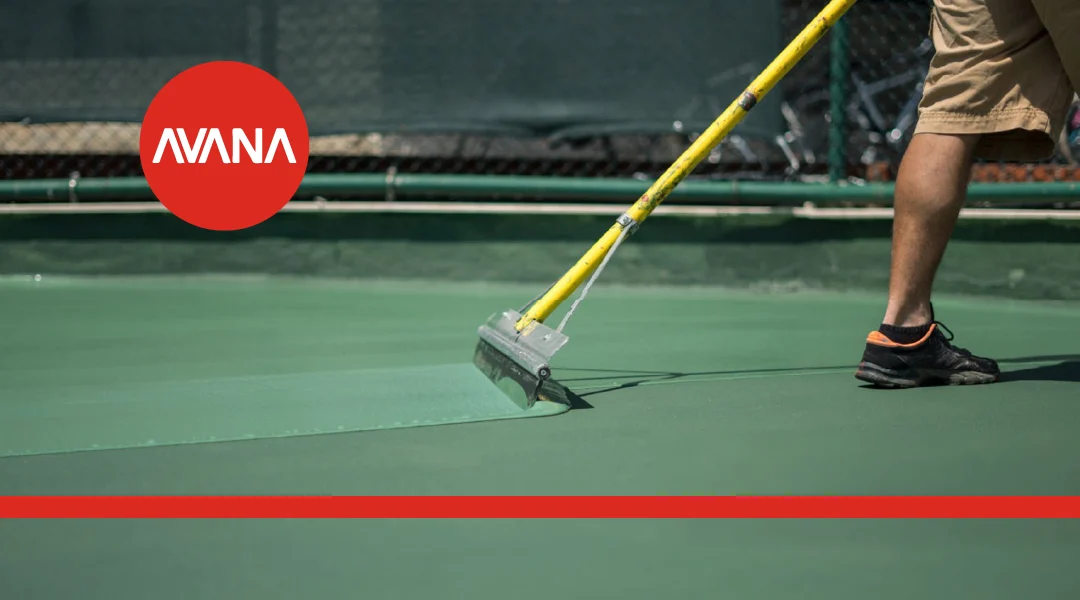When it comes to outdoors flooring options, most people ask “Can epoxy flooring be used outside?” Of course! Epoxy flooring is a great choice for outdoor applications. At the same time, using epoxy floors outside has two main challenges — UV light exposure and installment time. Not to forget that both of these problems are easily solved.
Epoxy flooring for outdoors is an attractive option for homeowners and also, businesses. This article sums up everything you need to know for using epoxy flooring in outside settings.
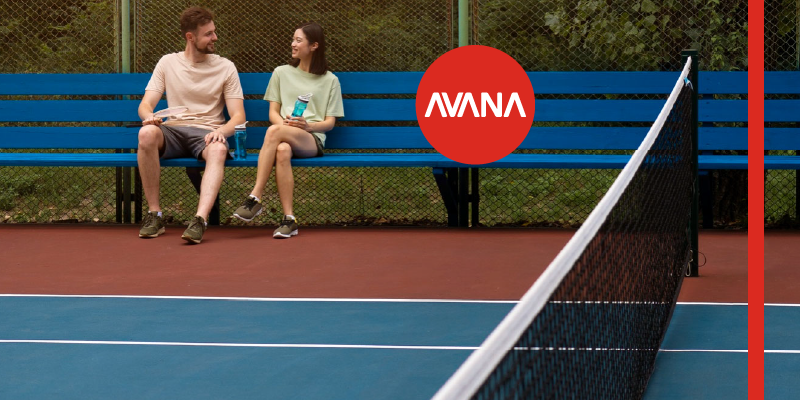
Benefits of Epoxy Flooring For Outside Applications
Water Resistance and Safety
Epoxy flooring is waterproof. This is great for frequently moisturized areas, such as pools, garden paths, or balconies. Additionally, The epoxy surface is anti-slip, which brings you peace of mind regarding risks of accidents.
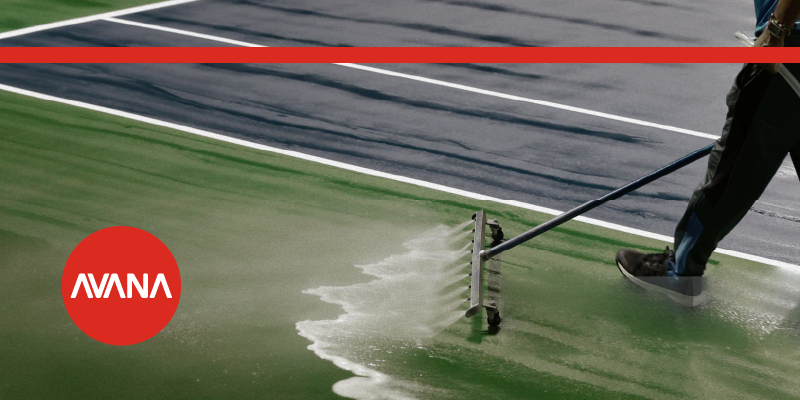
Durability in Harsh Circumstances
When it comes to outdoor flooring, durability is key. Epoxy flooring is truly the best option available. When people ask, “Can epoxy flooring be used outside?” They usually think about the durability against heavy foot traffic, weight of vehicles and the weather condition. Whether it’s a burning summer or the heavy rains of winter, epoxy flooring stands strong. On top of that, it maintains its glossy appearance.
Affordable Flooring
Epoxy flooring is waterproof. This quality makes it appropriate for frequently moisturized areas, such as pools, garden paths, or balconies. Additionally, The epoxy surface is anti-slip, which brings you peace of mind regarding safety concerns and risks of accidents.
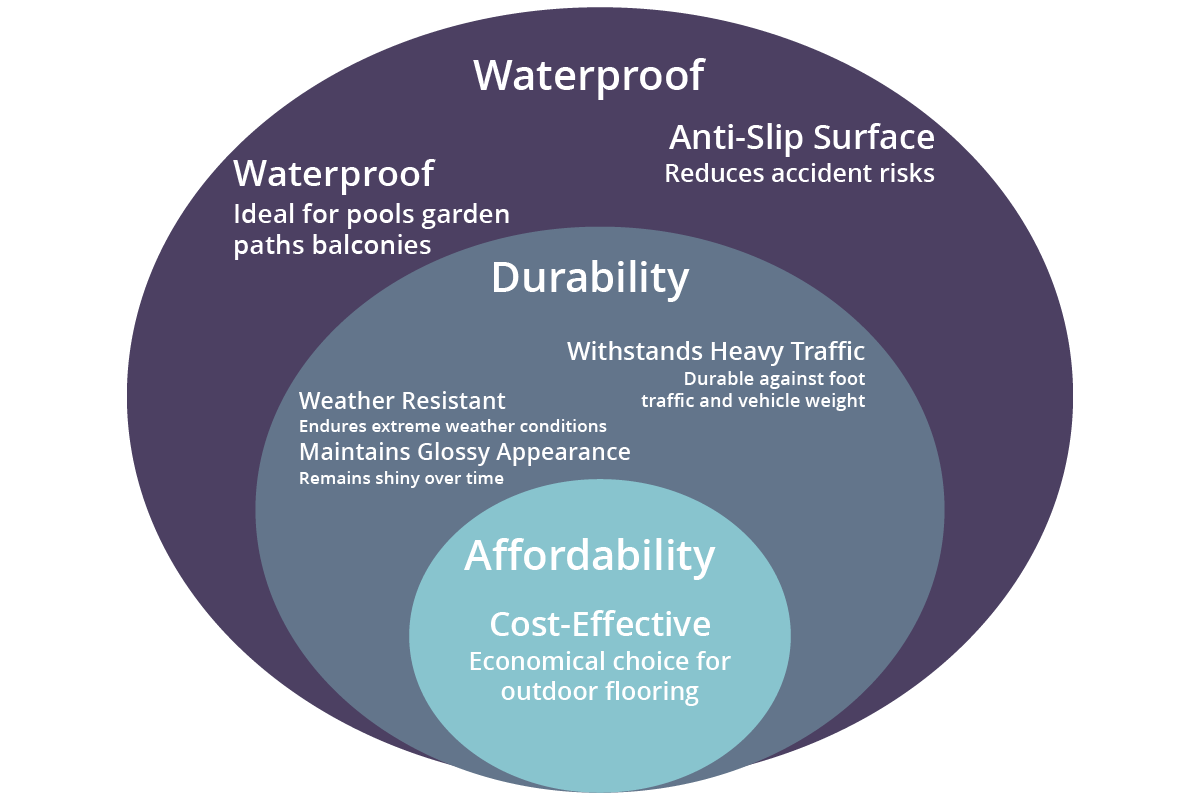
Challenges of Exterior Epoxy Flooring
When people ask “can epoxy flooring be used outside?”, they are thinking about cons of epoxy flooring for the outdoors. The main challenges are as follows:
UV Light Damage
Epoxy resin is inherently sensitive to UV light. If it is exposed to sunlight for a long time, you might see fading and discoloration of the surface. You can easily solve the issue by adding a UV-resistant additive to the epoxy mixture. Therefore, you protect your outdoor epoxy flooring from fading.
Weather And Forces of Nature
Harsh weather conditions like heavy rain can damage the surface. Also dust and grime can cause potential harm on the epoxy. However with a regular epoxy flooring maintenance you can keep your outdoor epoxy as bright as day one.
Installment Challenge
Epoxy requires the right conditions for installment, such as the appropriate temperature and preparing the substrate. This might be a challenge for installing industrial epoxy flooring outdoors, as temperature might cause problems or the underlying concrete might need repairing.
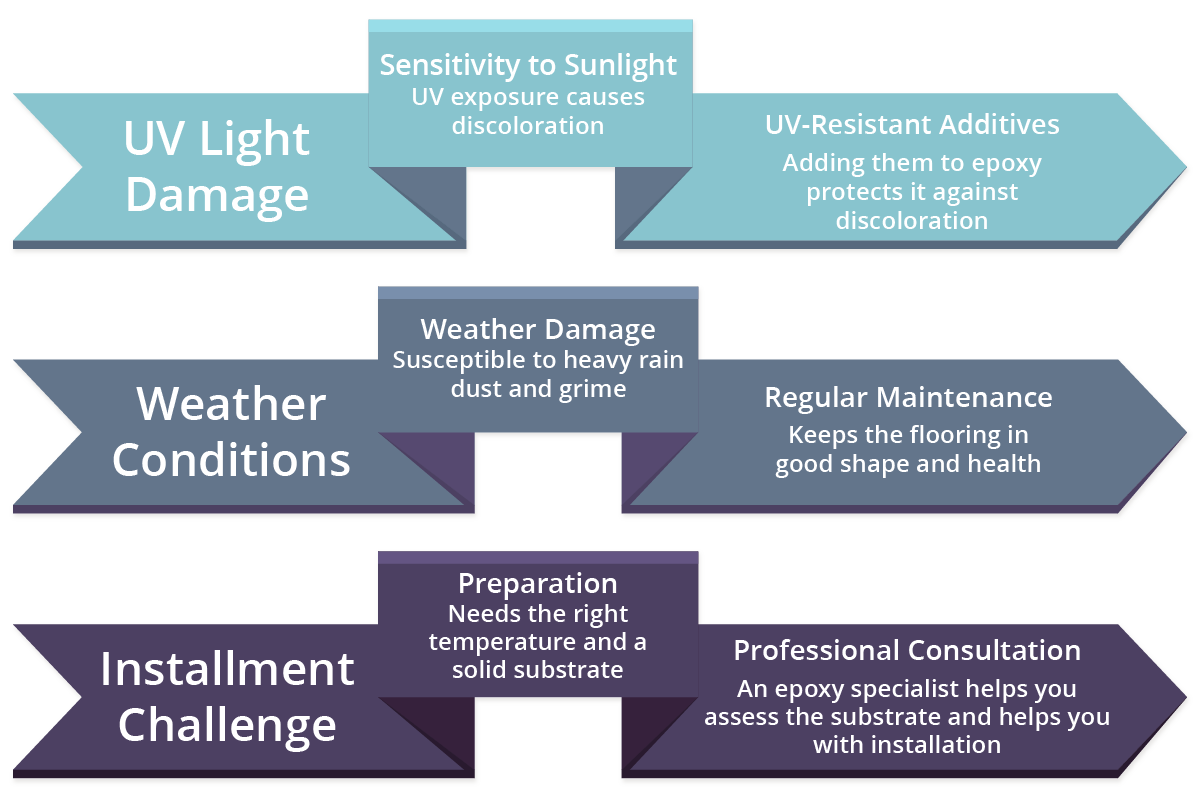
How Long Will Epoxy Last Outdoors?
When people ask “how long does epoxy last?” The usual answer they get is around 30 years. Yet, the situation is a little different when it comes to the outdoors. Epoxy flooring lives up to at least 20 years even with zero maintenance in outdoor spaces. Such environments welcome more harsh conditions that threaten the lifespan of epoxy and you should take proper care of the floorings. Finally, by following a thorough maintenance plan, you can keep your epoxy flooring up to 40-50 years.
Does Epoxy Hold Up Outdoors?
Epoxy can hold up outdoors if installed professionally. Our specialists make sure that the application is done correctly and provide you with detailed maintenance instructions. With proper care, you can expect your outdoor epoxy flooring to last at least 35 years.
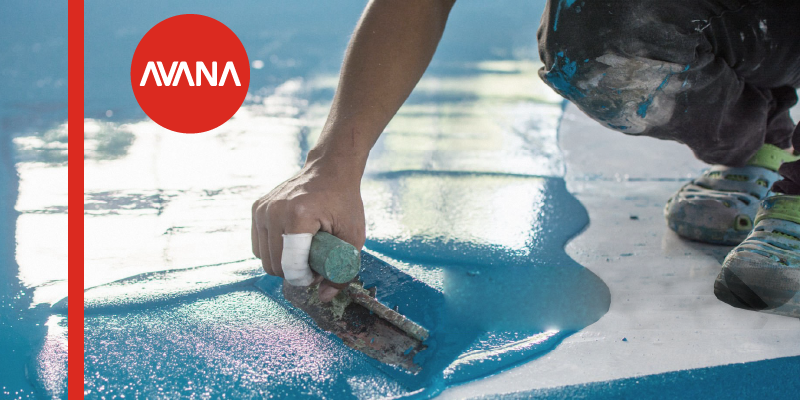
FAQ
Can epoxy flooring be used outside?
You can use epoxy flooring in outdoor settings and enjoy its durability and gloss, but make sure you entrust installment to a professional.
How long will epoxy last outdoors?
Epoxy lasts somewhere between 20 to 50 years, depending on the condition and how you care for the floors and coatings.
What kind of epoxy can be used outside?
For a longer lifetime, it’s better to use UV-resistant epoxy for exterior applications so that your epoxy remains strong and beautiful.

